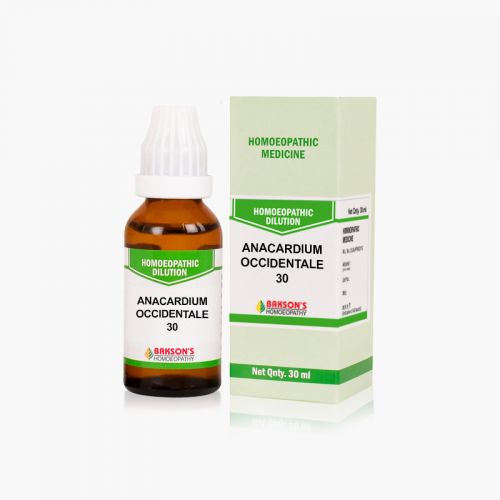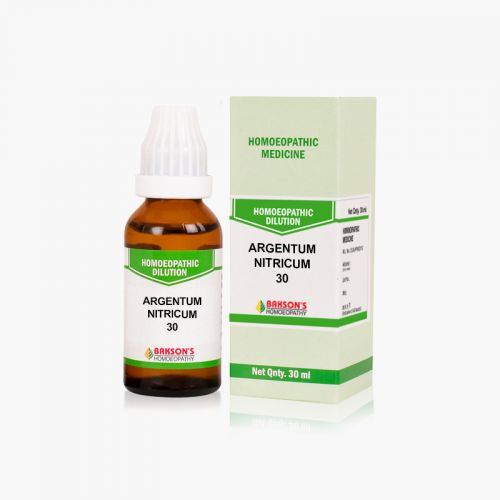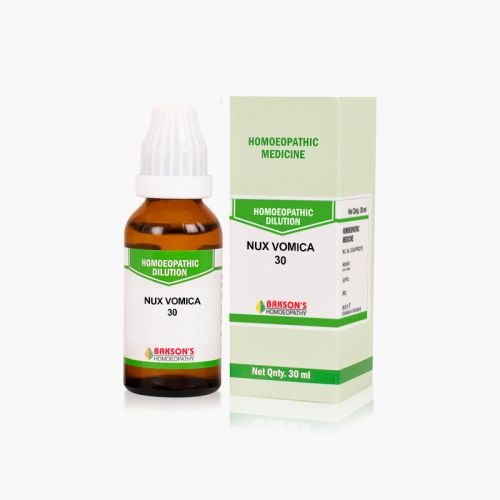We use cookies to make your experience better. To comply with the new e-Privacy directive, we need to ask for your consent to set the cookies. Learn more.
What is Obsessive Compulsive Disorder?
Obsessive-Compulsive Disorder (OCD) is a common, chronic, and long-lasting disorder in which a person has uncontrollable, reoccurring thoughts (obsessions) and/or behaviours (compulsions) that he or she feels the urge to repeat over and over.
OCD has the ability to impair everyday functioning.
The worldwide prevalence of obsessive-compulsive disorder (OCD) is approximately 2% of the general population. The onset of the disorder is usually in early childhood and it is more common in males.
Risk factors
The exact cause of OCD is unknown. However, following risk factors have been implicated-
- Genetics: people with first-degree relatives (such as a parent, sibling, or child) who have OCD are at a higher risk for developing OCD themselves.
- Brain structure and functioning: differences in the frontal cortex and subcortical structures of the brain may be associated with OCD.
- Environment: An association between childhood trauma and obsessive-compulsive symptoms has been reported in some studies. children may also develop OCD or OCD symptoms following a streptococcal infection, a condition called as Pediatric Autoimmune Neuropsychiatric Disorders Associated with Streptococcal Infections (PANDAS).
Sign and symptoms
Patients with OCD present with both obsessions and compulsions or both. Obsessions are persistent intrusive thoughts and compulsions are repetitive behaviours that affect the quality of life.
Common symptoms of obsession include-
- Fear of germs or contamination
- Aggressive thoughts towards others or self
- Having things symmetrical or in a perfect order
Common symptoms of compulsion include-
- Excessive cleaning and/or hand washing
- Ordering and arranging things in a particular, precise way
- Repeatedly checking on things, such as repeatedly checking to see if the door is locked or that the oven is off
- Compulsive counting
Diagnosis
Not all the habits are categorised under compulsion. However, a person with OCD generally-
- Can't control his or her thoughts or behaviours, even when those thoughts or behaviours are recognized as excessive.
- Spends at least 1 hour a day on these thoughts or behaviours.
- Doesn't get pleasure when performing the behaviours or rituals, but may feel brief relief from the anxiety the thoughts cause.
- Experiences significant problems in their daily life due to these thoughts or behaviours.
General management
OCD is typically treated with medications, psychotherapy or a combination of both. OCD is also associated with other mental disorders like anxiety, depression and body dysmorphic disorder which is important to be taken into consideration before beginning with the treatment.
Warning: Above information provided is an overview of the disease, we strongly recommend a doctor's consultation to prevent further advancement of disease and/or development of complications.
Disclaimer: The information provided herein on request, is not to be taken as a replacement for medical advice or diagnosis or treatment of any medical condition. DO NOT SELF MEDICATE. PLEASE CONSULT YOUR PHYSICIAN FOR PROPER DIAGNOSIS AND PRESCRIPTION.
- ANACARDIUM OCCIDENTALE 30₹ 100.00
- ARGENTUM NITRICUM 30₹ 100.00
- NUX VOMICA 30₹ 100.00






